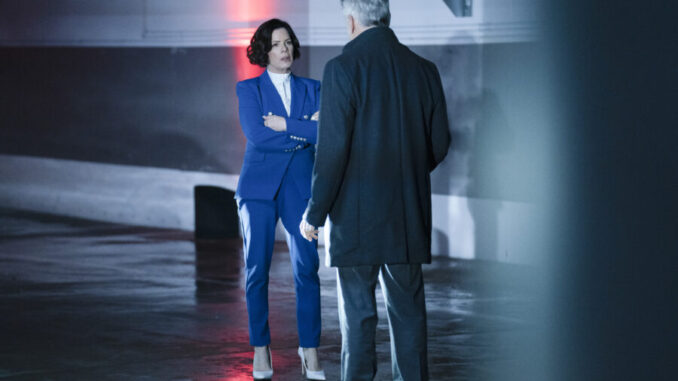
The Unexpected Allure: Hidden Depths in Matlock and So Help Me Todd
Legal dramas, with their captivating courtroom clashes and morally ambiguous characters, hold a perennial fascination. We’re drawn to the high stakes, the intricate arguments, and the satisfying (or frustrating) resolutions. While iconic shows like Law & Order and The Good Wife often dominate the conversation, delving into less-discussed series like Matlock and So Help Me Todd reveals surprising layers and unexpected charms that often go unnoticed. Beyond the surface, these seemingly disparate shows share hidden depths and unexpected quirks, offering a glimpse into evolving societal anxieties and the enduring power of unconventional justice.
First, let's consider Matlock. On the surface, Ben Matlock, portrayed by the inimitable Andy Griffith, appears a folksy, folksy lawyer in a seersucker suit, more at home in a small-town diner than a high-profile courtroom. This very image is a carefully crafted facade. What many viewers don't realize is the subtle genius in Matlock's method acting. He deliberately downplays his intellect, lulling opponents into a false sense of security. This allows him to observe, analyze, and ultimately exploit their weaknesses. He uses his seemingly innocuous demeanor to disarm witnesses, elicit crucial information, and expose hidden agendas. It's a clever performance, a masterful utilization of the "country bumpkin" archetype.
Furthermore, the show's appeal extends beyond its protagonist's persona. While seemingly formulaic – a murder, a wrongly accused client, and Matlock's dogged pursuit of the truth – Matlock subtly addresses anxieties about the growing complexities of the legal system and the creeping corruption of institutions. He acts as a bulwark against those forces, embodying a nostalgic ideal of justice rooted in common sense and unwavering integrity. This resonates with a deep-seated yearning for a simpler, more honest world, a world where good triumphs over evil through wit and unwavering conviction. His insistence on a fair price, even in high-profile cases, subtly criticizes the commercialization of the legal profession, reminding viewers that justice should be accessible to all, not just the wealthy. It’s a subtle, yet powerful critique woven into the fabric of a seemingly lighthearted procedural.
Now, let's shift gears to the more contemporary So Help Me Todd. This show, while ostensibly a legal drama, leans heavily into the comedic dynamic between a buttoned-up lawyer mother, Margaret Wright, and her quirky, directionless son, Todd, a former private investigator. While the show's humor is often the focus, a closer look reveals a compelling exploration of intergenerational relationships and the evolving definition of "family."
One rarely discussed aspect of So Help Me Todd is its subtle commentary on the changing landscape of the legal profession itself. Unlike the traditional, hierarchical structures depicted in many legal dramas, So Help Me Todd showcases a more collaborative and less rigid approach. Margaret, despite her traditional methods, is forced to rely on Todd's unconventional skills and technological savvy. He isn't just comic relief; he brings a fresh perspective to investigations, utilizing his hacking abilities and street smarts to uncover evidence that traditional legal methods might miss. This highlights the increasing importance of technology and unconventional thinking in modern law, a departure from the rigid structures of the past.
Furthermore, the show cleverly explores the blurred lines between professional and personal lives. Margaret and Todd's constant bickering and attempts to control each other often seep into their cases, adding a layer of complexity and emotional resonance. Their dysfunctional relationship, while humorous, is grounded in genuine love and a deep-seated desire for each other's happiness. This portrayal of a family navigating both personal and professional challenges reflects the realities of modern life, where the boundaries between work and family are increasingly porous. The show argues that even in the most chaotic of relationships, genuine connection and mutual support can be found, even if it's amidst legal maneuvering and family squabbles.
In conclusion, while Matlock and So Help Me Todd appear on the surface as straightforward legal dramas, a closer examination reveals unexpected depths. Matlock subtly criticizes institutional corruption and the commodification of justice, while So Help Me Todd explores the evolving legal landscape and the complexities of intergenerational relationships. Both shows, in their own unique ways, offer a glimpse into the anxieties and aspirations of their respective eras, reminding us that even in the seemingly predictable world of legal dramas, there's always more than meets the eye. They are more than just entertainment; they are cultural artifacts, reflecting and shaping our understanding of justice, family, and the enduring human struggle for truth.
